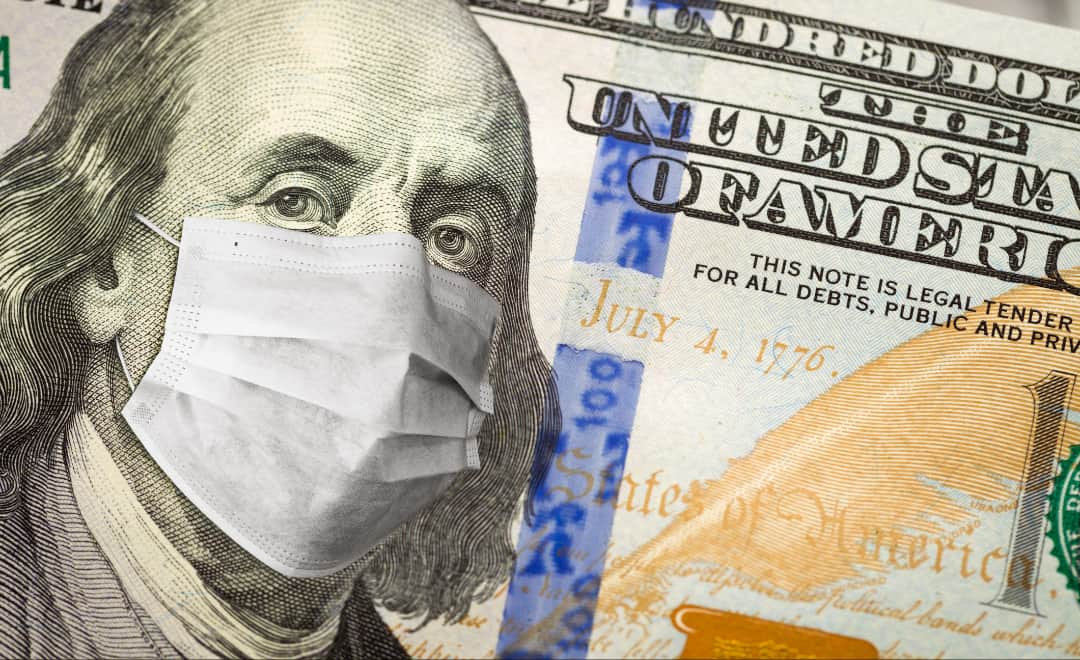As of Wednesday morning, the S&P 500 was still flirting with the lows reached on December 24, 2018, but that price level still holds and has not breached to the downside, yet. While it’s easy to get caught up in the “Chicken Little” mantra of the media, the sky is not really falling, but financial markets have corrected in a significant way.
At this point, all of the gains from 2019 have been erased, and price ratios have fallen back to Earth like a sack of hammers. You may recall my valuation concerns earlier this year. The S&P 500 price-to-earnings ratio (P/E) on Feb. 19, 2020, the latest all-time market high was 22.27, approximately 34 percent above its long-term average of 16.5. Following the almost 30 percent decline, we now see the S&P 500 P/E only slightly below its average at 16.1 as of this writing. That is not necessarily great news for those who might want to dive into the market right now. Economic news on the employment situation, which has been among the brightest spots in our economy, is expected to decline as we see more communities quarantined. An economic slowdown—possibly even a recession—is inevitable.
Our government has reacted very aggressively to combat economic slowing. In the past two weeks, the Federal Reserve has cut interest rates to zero for overnight lending among banks. While the financial markets take these lower rates as guidance, Treasury bond interest rates have risen in recent days. The Treasury is working on getting an emergency bill through Congress to provide $1 trillion in relief directly to consumers. While we don’t have clarity on that yet, it sounds like help is on the way to save the consumer, as some of their jobs seem to be in question. With the government, you never know if they will try to cure the sick patient with a robotic surgical procedure or a hammer.
What we are unable to forecast is often the source of fear. I have tried without success to make sense out of the run on toilet paper, but psychologists note when humans face uncertainty, they try to control that which is closely held first. I guess that is about as close as it gets.
We are not sure how long the quarantine to fight coronavirus will last; therefore, the economic impact is difficult to forecast as well. We believe the negative impact is likely to continue fueling volatility for a while. Airlines and hotels are unlikely to rebound until we are weeks beyond the all-clear. Bond yields are likely to remain low for a long time. Now is the time to refinance your mortgage. It is one thing you can control. A lower mortgage interest rate can have a meaningful effect on your monthly payments, which will, in turn, affect your monthly cash flow.
Currently, our investment recommendation is to be opportunistic and stay the course. This, too, shall pass. However, it may feel like passing a kidney stone, but it will pass. If you have a long-term plan in place, then stick with it. If you don’t have a financial plan in place, then now is the time to consider working with a financial adviser to prioritize your long-term goals and help you set up short-term goals that allow you to stay on track. Just know markets are going to be jittery for a while.
If you have questions or need assistance, contact the Experts at Henssler Financial:
- Experts Request Form
- Email: experts@henssler.com
- Phone: 770-429-9166
- Join the Conversation in Our Coronavirus Facebook Group








